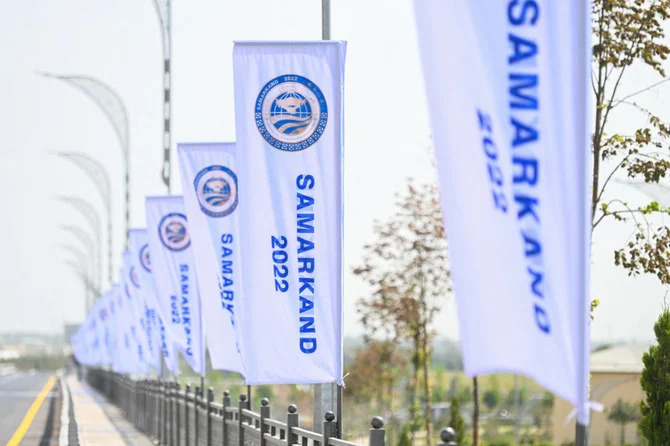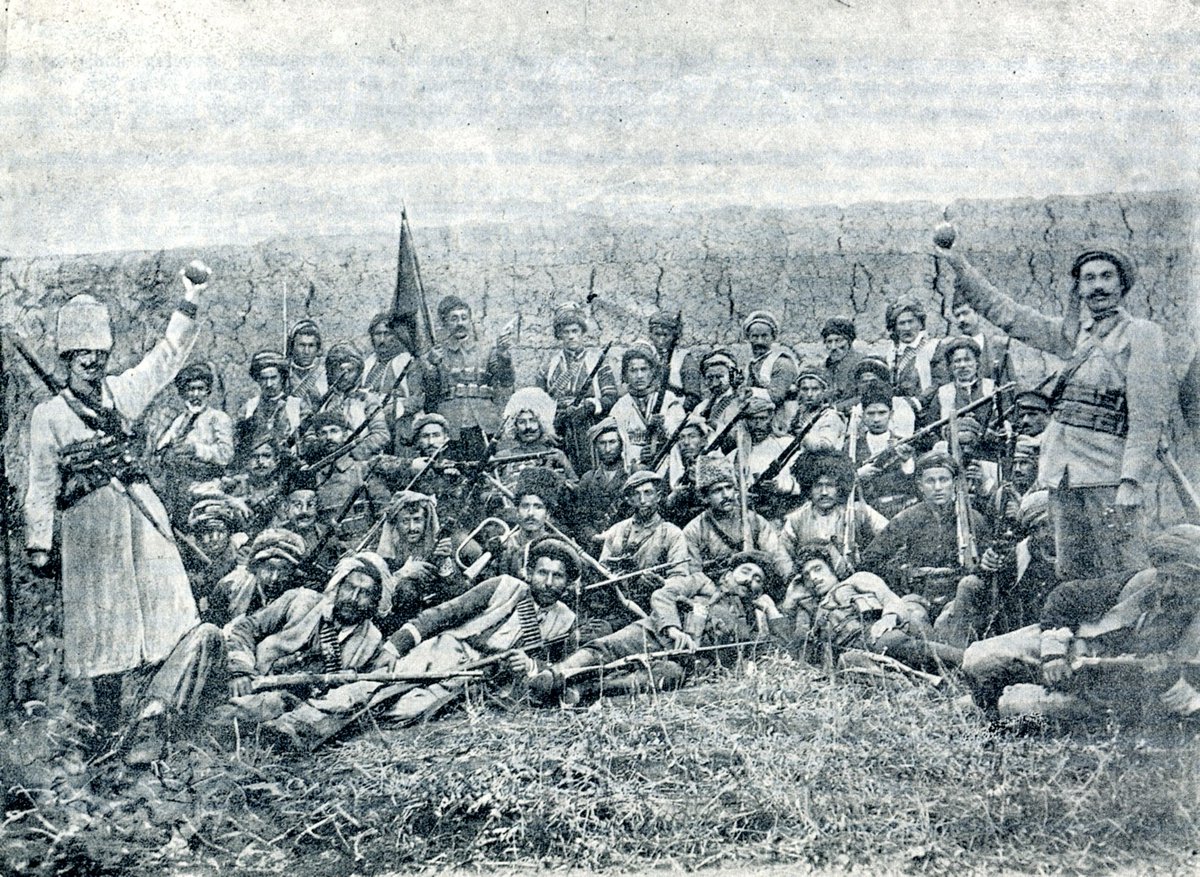The bill foreseeing those denying the Armenian genocide allegations to be condemned to a prison term of one year and a fine of 45,000 Euros was adopted in the French Senate on January 23 after lengthy negotiations. In order for the law to enter into force, it also had to be signed by the French President.
On the grounds that this law violated freedom of expression and remained outside the area of the parliament’s responsibility since it concerned a historical event rather than a current one, it was criticized by individuals and politicians of various political tendencies in France. However, due to President Sarkozy’s elections’ expectations and the Socialist Party supporting Armenian claims all along, this bill was first adopted in the National Assembly and later on in the Senate.
The only way to prevent the implementation of this law was to appeal to the French Constitutional Court by expressing that it was not in accordance with the Constitution. This appeal could be made by the Speaker of Parliament or the President of the Senate or 60 parliamentarians or 60 senators. Despite not supporting the law, the Parliament Speaker and the President of the Senate refrained from making such an appeal in order not to come into conflict with the President and/or with their own parties. Since 86 senators voted against the law during the voting in the Senate, it seemed possible for 60 of them to appeal to the Constitutional Court. However, these individuals were under pressure either by their own parties or the Presidency. Since the number of those opposing the law was much lower (approximately by ten) in the National Assembly, it was not assumed that there would be a sufficient number of parliamentarians who would appeal to the Constitutional Court.
Today (31 January 2012) 65 parliamentarians and 77 senators appealed to the Constitutional Court to repeal the law. This unexpected event shows that the law which restricts freedom of expression and concerns the past rather than the present has drawn much more reactions than presumed.
What will happen now? The Constitutional Court will decide within a month whether the law is in conformity with the Constitution. If the Government wants, the Court will have to reach a decision within 8 days. However, it is not expected for the government to make such a request.
Although it is not possible to guess from now what the decision of the Constitutional Court will be, under normal conditions it would be expected for this law, which has drawn reactions among public opinion and which clearly violates freedom of expression, to be repealed.
On the other hand, it could be seen that without having to wait for the Constitutional Court’s decision, the appeals have already created some consequences.
The most significant of these is that the militant Armenians in France, who have strived for years for the severe punishment of individuals denying the genocide allegations, have sustained a strong defeat.
For President Sarkozy, who has shown great efforts for the adoption of this law and has therefore risked harming relations with Turkey, this many parliamentarians and senators appealing to the Constitutional Court is also a defeat. On the other hand, if the Constitutional Court repeals the law, this will have negative impacts on Sarkozy’s election campaign.
Turkey-France relations, which have currently reached a deadlock, will at least enter a period of détente even if it does not return to normal.
Concerning Turkey, there is no doubt that this situation is a great success. The primary reason for this is that almost the whole of the Turkish Grand National Assembly, the President, the entire Government with the Prime Minister being at the forefront and the CHP and MHP have joined together to oppose this law, they have shown great efforts for Turkey’s views to be expressed and have not refrained from imposing sanctions on a great power and significant economic partner like France. Meanwhile, we should also particularly emphasize the efforts of Foreign Minister Davutoğlu, the distinguished staff of the Ministry of Foreign Affairs and especially Turkey’s Ambassador to Paris Tahsin Burcuoğlu.
We are left with expressing our gratitude to all of them.
© 2009-2025 Center for Eurasian Studies (AVİM) All Rights Reserved
TURKEY AND THE RUSSIAN BASE IN GYUMRI
THE FAIRYTALES OF THE DASHNAK PARTY
 ISSUES OF INTEREST BEFORE THE SHANGHAI COOPERATION ORGANIZATION SUMMIT IN SAMARKAND
ISSUES OF INTEREST BEFORE THE SHANGHAI COOPERATION ORGANIZATION SUMMIT IN SAMARKAND
 DEVELOPMENTS IN ARMENIA IN THE FIRST DAYS OF 2022
DEVELOPMENTS IN ARMENIA IN THE FIRST DAYS OF 2022
 WILL THE U.S. STATE OF CALIFORNIA GIVE GREEN LIGHT TO TERRORISM?
WILL THE U.S. STATE OF CALIFORNIA GIVE GREEN LIGHT TO TERRORISM?
 A REVIEW OF THE 1915 VAN REVOLT - BEFORE AND AFTER, ARGUMENTS AND DISTORTIONS
A REVIEW OF THE 1915 VAN REVOLT - BEFORE AND AFTER, ARGUMENTS AND DISTORTIONS




























